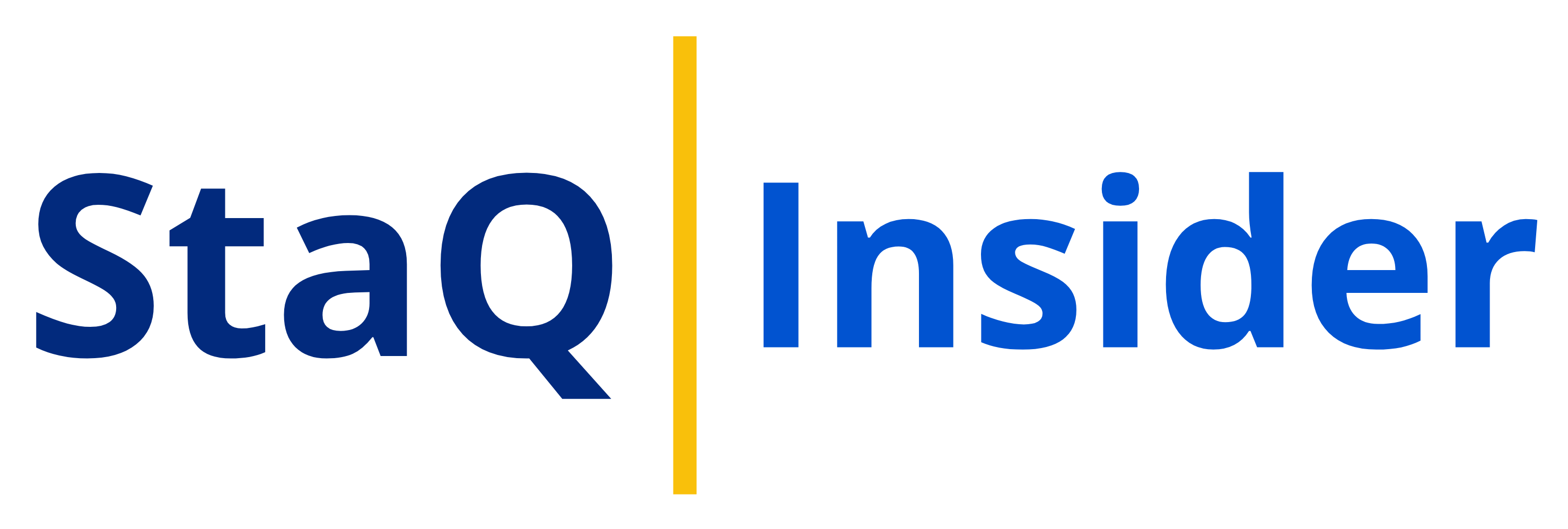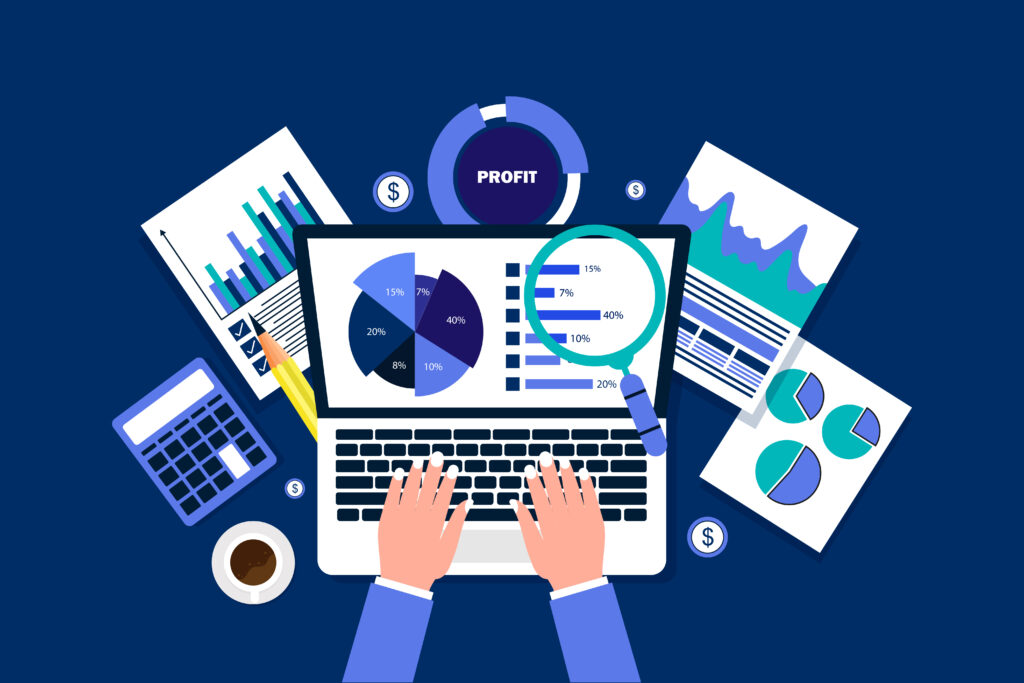Digital transformation is no longer a buzzword; it’s a business imperative. SaaS solutions are the turbocharged engines driving this evolution. By harnessing the right software, companies can streamline operations, boost efficiency, and unlock new growth opportunities. Let’s explore how selecting the perfect SaaS fit can propel your business into the future!
What is Digital Transformation?
Digital transformation is the process of using digital technologies to create new — or modify existing — business processes, culture, and customer experiences to meet changing business and market requirements.
At its core, digital transformation involves:
- Modernizing legacy systems
- Adopting new technologies
- Improving customer experiences
- Streamlining operations
- Creating new business models
For modern businesses, digital transformation often involves adopting SaaS solutions to streamline operations, enhance decision-making, and improve customer engagement.
The Role of SaaS in Digital Transformation
SaaS (Software as a Service) has emerged as a cornerstone of digital transformation, revolutionizing how businesses operate and compete. Here are the key aspects of how SaaS contributes to this transformation:
- Replacing Legacy Systems: SaaS modernizes outdated systems, boosting efficiency and productivity.
- Enabling New Business Models: SaaS supports innovative models like subscription services and platform ecosystems.
- Data-Driven Decision Making: SaaS includes analytics and reporting for informed decisions.
- Empowering Employees: SaaS enhances productivity and satisfaction with easy access to applications.
- Customer Experience: SaaS enables personalized interactions, streamlines support, and delivers seamless experiences.
- Operational Efficiency: SaaS automates tasks, streamlines workflows, and reduces errors.
SaaS Solutions for Specific Business Functions
SaaS solutions offer tailored applications for various business functions, enhancing efficiency, scalability, and cost-effectiveness. Here’s a breakdown:
- CRM (Customer Relationship Management) – Centralizes customer data, tracks sales, and enhances customer service.
- ERP (Enterprise Resource Planning) – Integrates business processes for seamless operations and data accuracy.
- Marketing Automation – Automates campaigns, improving engagement and conversion rates.
- HR and Talent Management – Simplifies recruitment, onboarding, and payroll.
- Finance and Accounting – Offers real-time financial reporting and expense tracking.
- E-commerce Platforms – Manages websites, payments, and inventory for online retail.
- Project Management – Organizes tasks, timelines, and team collaboration efficiently.
- Customer Support – Enhances helpdesk and support ticket management.
- Document Management – Centralizes storage and collaboration on documents.
- Business Intelligence – Provides analytics and insights for data-driven decisions.
As businesses increasingly rely on digital technologies to remain competitive, the adoption of SaaS will continue to grow, making it an essential component of modern business strategies.
15 Game-Changing Enterprise Software Solutions for Modern Businesses
How to Get Started with SaaS for Digital Transformation
Embarking on a SaaS-driven digital transformation requires careful planning and execution:
Steps to assess your digital transformation readiness:
- Evaluate your current technological infrastructure and capabilities.
- Identify areas where digital solutions could drive significant improvements.
- Assess your team’s digital skills and identify any gaps.
- Analyze your organization’s culture and openness to change.
Creating a SaaS implementation roadmap:
- Define clear, measurable objectives for your digital transformation.
- Prioritize which processes or departments to transform first.
- Set realistic timelines for selection, implementation, and adoption phases.
- Allocate resources and budget for each stage of the transformation.
- Establish key performance indicators (KPIs) to measure success.
Importance of stakeholder buy-in and change management:
- Identify key stakeholders across all levels of the organization.
- Develop a compelling narrative about the benefits of the digital transformation.
- Involve stakeholders early in the decision-making process.
- Address concerns and resistance through open communication and education.
- Celebrate quick wins and share success stories to maintain momentum.
Selecting the Right SaaS Solution for Successful Digital Transformation
Choosing the appropriate SaaS solution is crucial for a successful digital transformation journey. Here are key considerations:
Considerations When Selecting SaaS Solutions
- Assessing business needs and goals: Define objectives and how SaaS can help achieve them.
- Evaluating vendor reliability and support: Research vendor track record and support offerings.
- Data migration and integration challenges: Consider complexity of data transfer and system integration.
- Training and change management: Assess learning curve and plan for organizational changes.
- Scalability and flexibility: Ensure the solution can grow with your business.
- Cost and pricing models: Evaluate total cost of ownership and potential savings.
- Integration capabilities: Check compatibility with existing software ecosystem.
- Vendor reputation and support: Consider industry standing and quality of customer support.
By carefully selecting and implementing SaaS solutions, businesses can accelerate their transformation journey. This approach allows organizations to become more agile, efficient, and competitive in an increasingly digital business landscape.
Learn How to Utilise SaaS Free Trials to the Fullest for Software Assessment
Current Trends in SaaS and Digital Transformation
SaaS and digital transformation are closely linked, driving innovation and growth across industries. Here are some prominent trends shaping these domains:
Key SaaS Trends
- AI and Machine Learning Integration: AI enhances SaaS products with personalized experiences, predictive analytics, automation, and improved customer support.
- Hyper-Personalization: Leveraging data to deliver tailored experiences by understanding customer needs and preferences.
- Low-Code/No-Code Development: These platforms allow businesses to build custom applications with minimal coding knowledge.
- Vertical SaaS: Solutions focusing on specific industry needs, offering deeper functionalities for industry-specific challenges.
- Security and Compliance: Emphasizing robust security measures and regulatory compliance as data breaches become more common.
- Subscription Model Innovation: Exploring tiered pricing, freemium models, and usage-based pricing beyond traditional subscriptions.
- Customer Experience (CX) Focus: Investing in customer support and success to deliver exceptional experiences and drive retention.
Key Digital Transformation Trends
- Cloud Adoption: Moving workloads to the cloud for scalability, cost-efficiency, and agility, with hybrid and multi-cloud strategies gaining traction.
- Data-Driven Decision Making: Utilizing data analytics and business intelligence to gain valuable insights.
- Automation: Improving efficiency by automating repetitive tasks, allowing employees to focus on strategic work.
- Cybersecurity: Investing in advanced solutions to protect digital assets.
- Remote and Hybrid Work: Supporting flexible work arrangements with digital tools and collaboration platforms.
- Internet of Things (IoT): Connecting devices for data collection and automation.
- Digital Customer Experience: Redefining interactions through digital channels, personalization, and omnichannel strategies.
Intersection of SaaS and Digital Transformation
- SaaS as an Enabler: Providing essential software infrastructure for digital transformation initiatives.
- Digital Transformation Driving SaaS Demand: Increasing need for SaaS solutions to support digital transformation efforts.
- Co-creation of Value: Collaboration between SaaS providers and customers to develop solutions for specific business challenges.
These trends underscore the SaaS industry’s evolution and the need for transformation to stay competitive and meet changing customer demands.
Who is a Digital Transformation Consultant?
A Digital Transformation Consultant helps organizations adopt digital technologies and strategies to enhance customer experiences, boost profitability, and meet business goals. They assess current technologies, craft aligned digital strategies, implement new technologies, manage change, and offer ongoing support.
To succeed, consultants need a mix of technical expertise, business insight, project management, communication skills, and leadership. For a streamlined digital transformation journey, consider Staq.ai’s innovative solutions.
Unlock the full potential of SaaS transformation with Staq.ai!






